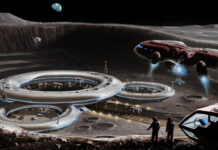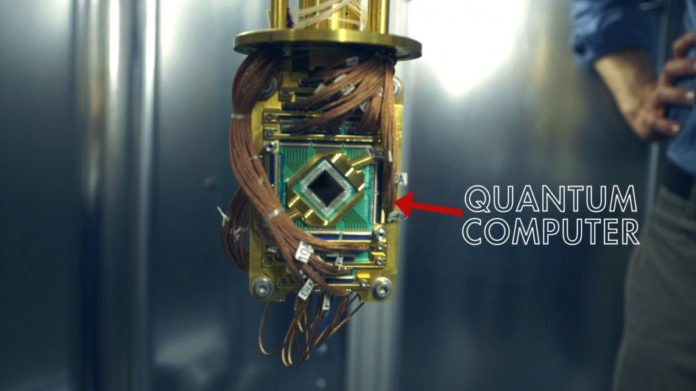
Before one can fully understand the advancement here, one must first understand what quantum computing is
In essence, quantum computers are a special computation device that goes off quantum-mechanical phenomena. This is different from your average, typical digital computer that works on regular transistors. While digital computing makes use of binary digits (1 or 0) for data encoding, quantum computation uses Quantum Bits (Qubits). This means that the digits can be a 1 or a 0, or both at the same time.
This concept was first brought forth by Yui Manin and his partner Richard Feynman, in the mid-1980’s. Quantum computing, albeit, is still within the start-up phase, there are several companies providing lots of resources and financial support for ongoing research and development into this area. A full-fledged quantum computer will be able to solve mathematical problems much faster than what you can see from your traditional computer.
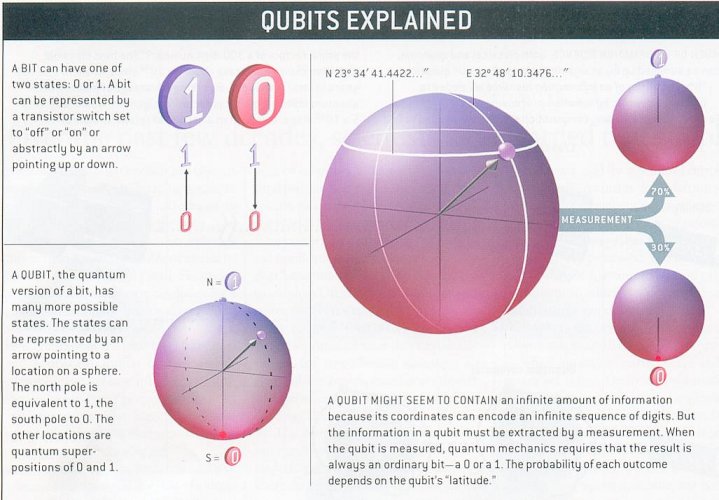
Each Qubit that the quantum computer uses, can represent that of a 1 or a 0, or any other quantum superposition of these two qubit states. Stating in general practices, a quantum computer with ‘N’ Qubits can actually be in that of an arbitrary superposition, consisting of up to 2n different states simultaneously.
So, the question arises, what is Google doing with quantum computers?
Last August, Google actually partnered up and shook hands with NASA in order to purchase “The D-Wave Two” of the D-Wave systems. D-Wave quantum computers are aiming to provide the first commercial quantum computer.
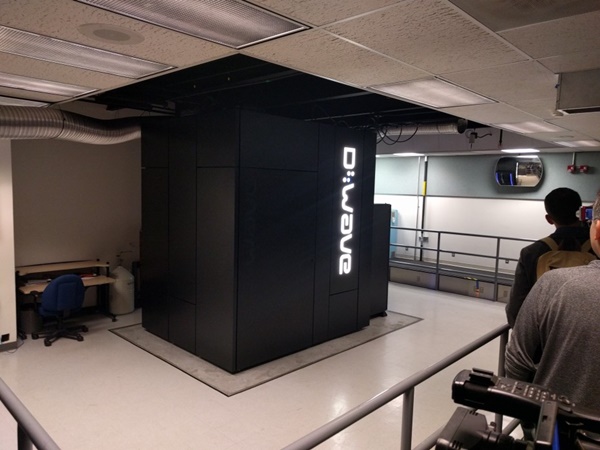
Google have announced that the company will design and develop their own quantum computer chips. The research and development of their new quantum computer will take place within their own “Quantum Artificial Intelligence Lab.” The Q.U.A.I.L. was actually launched in 2013, and is in collaboration between Google and NASA’s Ames Research Center, which is located at the Universities Space Research Association.
Google has also teamed up with UC Santa Barbara Physicist, John Martinis and his team, to be able to work within this field. Martinis, the pioneer within this field, was awarded the London Prize earlier this year based upon his work in Quantum Information Processing and Computing.
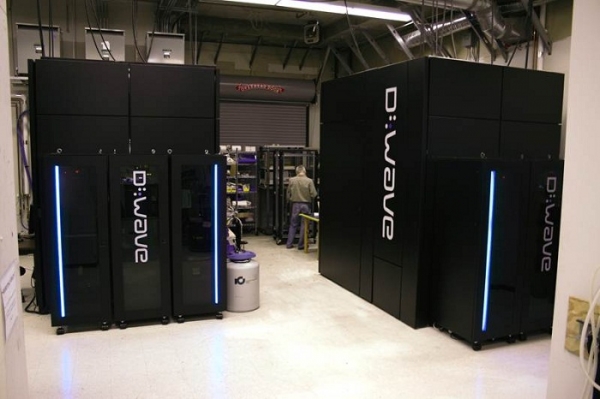
Neven states that they will continue to collaborate with D-Wave Systems in order to experiment with the ‘Vesuvius’ machines at NASA Ames, which they will be able to upgrade to a 1,000 Qubit Washington Processor.
Below is a YouTube Video of Google and NASA’s Quantum Artificial Intelligence Lab.
This article (Google Develops their Own Quantum Computer) is a free and open source. You have permission to republish this article under a Creative Commons license with attribution to the author and AnonHQ.com.




